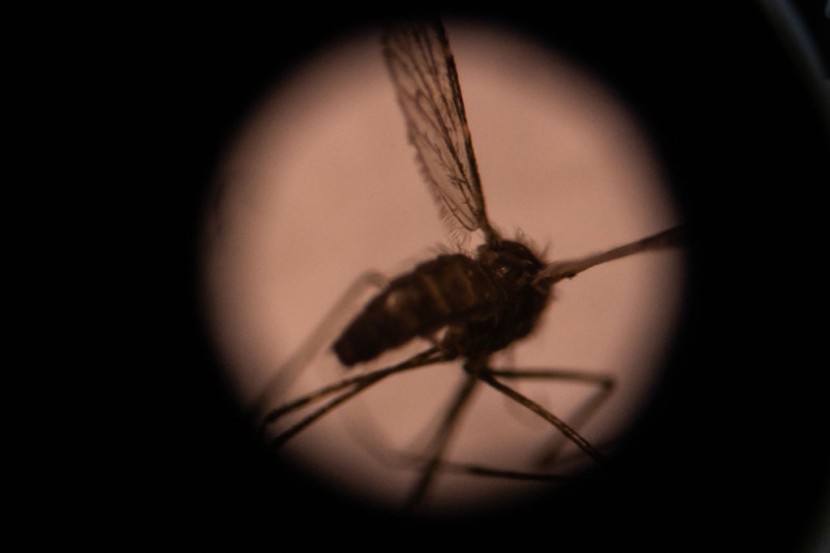Cape Verde has been certified as malaria-free by the World Health Organization (WHO), which experts have hailed as a significant accomplishment in global health. The certification has been awarded since no local transmission has been documented in the nation in the past three years.
It has been 50 years since a country in sub-Saharan Africa was officially declared malaria-free.

Prolonged Fight With Malaria
Africa has a disproportionately high malaria death toll. In 2022, WHO reported 233 million cases of malaria and 580,000 fatalities in the region.
In this case, mosquito bites are the vector for the complicated parasite that causes the illness. Even if vaccines are starting to be introduced in certain areas, the best approach to prevent malaria is to keep an eye on the condition and stay away from mosquito bites.
Over the course of many years, the small country of Cape Verde, off the coast of West Africa, has worked to improve its healthcare services and ensure that all cases may be diagnosed and treated. Early case detection and mosquito control have both been accomplished by surveillance personnel.
What Actions Did Cape Verde Take?
According to BBC, Cape Verde has instituted a program to combat malaria that provides free medical treatment and diagnostics to foreign travelers and migrants in an effort to reduce the number of cases brought in from Africa.
The many healthcare providers, community members, and foreign partners who have worked tirelessly toward this goal deserve much of the credit for the accomplishment. Dr. Filomena Gonçalves, health minister of Cape Verde, told the BBC that this exemplifies what can be done when people work together to improve public health.
Dr. Dorothy Achu Fosah, who works for the WHO's Africa office, went on to say that the team was "excited and pleased" with the result that eliminated malaria in the nation.
According to health professionals, Cape Verde's success demonstrates the efficacy of containment and eradication strategies, which is a great lesson for other small African nations.
Dr. Achu Fosah said that one of the country's key success factors is its status as an archipelago. It is simpler to pinpoint the disease's hotspots and track its spread among islands than it would be on a continuous land mass.
Due to the large number of people that often travel across borders in nations like the Democratic Republic of the Congo, Tanzania, and Nigeria, it will be very difficult for any one nation to completely get rid of the illness.
Only Sáo Tiago, out of the nine inhabited islands of Cape Verde, has shown signs of malaria in recent years, and this is where the last efforts were focused.
Mauritius, an island republic in sub-Saharan Africa, was the last country to be certified malaria-free in 1973. In 2019, the North African country of Algeria also received this certification.
© 2026 HNGN, All rights reserved. Do not reproduce without permission.








